WHO adopts pandemic accord without US as RFK Jr. confirms Washington's withdrawal
US Health Secretary Kennedy Jr. says Washington will not join the WHO’s pandemic preparedness agreement.
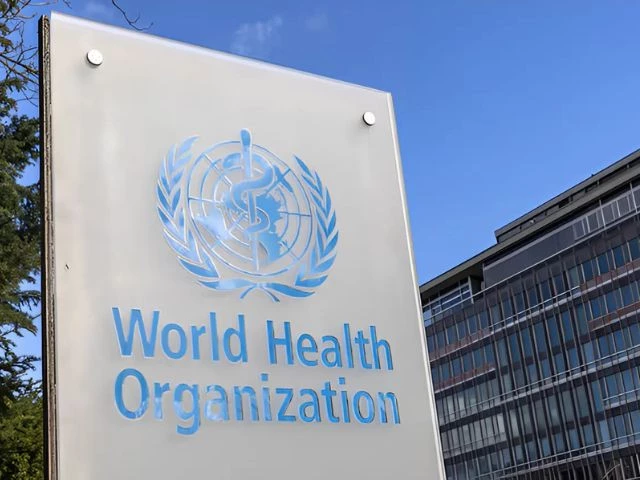
The World Health Organization adopted a landmark agreement on Tuesday to strengthen global preparedness for future pandemics, marking the end of three years of negotiations driven by the chaotic response to COVID-19.
Applause broke out at the World Health Assembly in Geneva as member states approved the legally binding accord, which aims to ensure equitable access to medical tools such as vaccines, treatments and diagnostics during future global health emergencies.
“The agreement is a victory for public health, science and multilateral action. It will ensure we, collectively, can better protect the world from future pandemic threats,” said WHO Director-General Tedros Adhanom Ghebreyesus.
Under the agreement, pharmaceutical manufacturers in participating countries will be required to reserve 20% of their pandemic-related medical products—including vaccines, therapeutics and tests—for the WHO.
These supplies would be redistributed to low- and middle-income countries to avoid the supply bottlenecks and inequities that plagued the global COVID-19 response.
However, the absence of the United States—traditionally the WHO’s largest financial contributor—has raised concerns about the treaty’s effectiveness.
Meanwhile, US Health Secretary Kennedy Jr. told Fox News that Washington will not join the WHO’s pandemic preparedness agreement.
US negotiators stepped away from the process after President Donald Trump initiated a formal withdrawal from the WHO upon taking office in January, a move that strained relations between the global health agency and Washington.
As a result, the United States will not be legally bound by the new accord, despite having invested billions in vaccine development during the COVID-19 pandemic.
The pact, while historic in scope, includes no enforcement mechanism. Countries failing to implement its provisions will not face penalties, underscoring the continued reliance on voluntary compliance and diplomatic goodwill.
Global health advocates have welcomed the agreement but acknowledge the limits imposed by political divisions.
Without full participation from major powers, including the US, questions remain about how equitable and coordinated the next global pandemic response can be.
The agreement was finalized after Slovakia requested a vote on Monday, prompted by its vaccine-skeptic prime minister’s insistence that the country oppose the treaty’s adoption.
In the end, 124 nations voted in favor, none opposed it, and 11—including Poland, Israel, Italy, Russia, Slovakia, and Iran—chose to abstain.
Some public health professionals viewed the deal as progress toward improved global health equity, especially given how low-income countries were left behind in vaccine and test distribution during the COVID-19 crisis.
"It contains critical provisions, especially in research and development, that—if implemented—could shift the global pandemic response toward greater equity," said Michelle Childs, Policy Advocacy Director at the Drugs for Neglected Diseases initiative, speaking to media.
However, others criticized the agreement as falling short of the original goals. They cautioned that without effective enforcement mechanisms, the pact may not deliver during the next pandemic.
"It is an empty shell...It's difficult to say that it's a treaty with firm obligation where there is a strong commitment...It's a good starting point.
But it will have to be developed," said Gian Luca Burci, academic adviser at the Global Health Centre at the Geneva Graduate Institute.
The treaty will not come into force until an accompanying annex on pathogen data sharing is finalized. The WHO stated that negotiations on this annex are set to begin in July, with the aim of presenting it for adoption at a future World Health Assembly.
A Western diplomatic source noted that reaching consensus on this annex could take as long as two years.





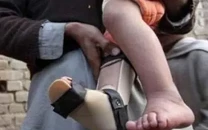
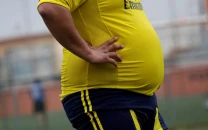


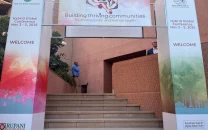


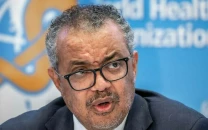


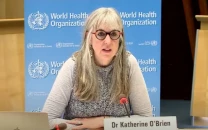












COMMENTS
Comments are moderated and generally will be posted if they are on-topic and not abusive.
For more information, please see our Comments FAQ